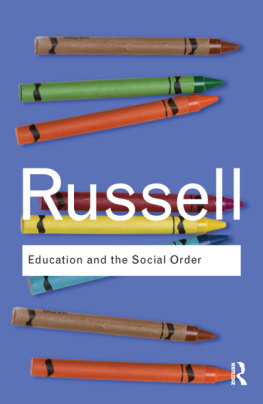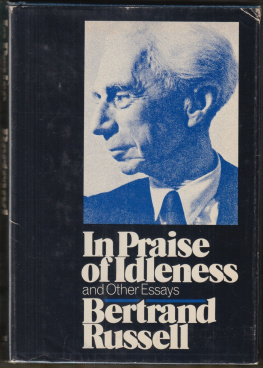Russell - Fact and Fiction
Here you can read online Russell - Fact and Fiction full text of the book (entire story) in english for free. Download pdf and epub, get meaning, cover and reviews about this ebook. City: London, year: 2016;2009, publisher: Taylor & Francis;Routledge, genre: Art. Description of the work, (preface) as well as reviews are available. Best literature library LitArk.com created for fans of good reading and offers a wide selection of genres:
Romance novel
Science fiction
Adventure
Detective
Science
History
Home and family
Prose
Art
Politics
Computer
Non-fiction
Religion
Business
Children
Humor
Choose a favorite category and find really read worthwhile books. Enjoy immersion in the world of imagination, feel the emotions of the characters or learn something new for yourself, make an fascinating discovery.
Fact and Fiction: summary, description and annotation
We offer to read an annotation, description, summary or preface (depends on what the author of the book "Fact and Fiction" wrote himself). If you haven't found the necessary information about the book — write in the comments, we will try to find it.
Fact and Fiction — read online for free the complete book (whole text) full work
Below is the text of the book, divided by pages. System saving the place of the last page read, allows you to conveniently read the book "Fact and Fiction" online for free, without having to search again every time where you left off. Put a bookmark, and you can go to the page where you finished reading at any time.
Font size:
Interval:
Bookmark:
Fact and Fiction
The most critical of readers could hardly fail to be captivated by the literary and dialectical skill of the author
Times Literary Supplement
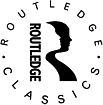
Routledge Classics contains the very best of Routledge publishing over the past century or so, books that have, by popular consent, become established as classics in their field. Drawing on a fantastic heritage of innovative writing published by Routledge and its associated imprints, this series makes available in attractive, affordable form some of the most important works of Modern times.
For a complete list of titles visit www.routledge.com/classics
Bertrand Russell

London and New York
This edition first published in 1961
by George Allen & Unwin Ltd.
First published in the Routledge Classics in 2010
by Routledge
2 Park Square, Milton Park, Abingdon, Oxon OX14 4RN
Simultaneously published in the USA and Canada
by Routledge
270 Madison Avenue, New York, NY 10016
Routledge is an imprint of the Taylor & Francis Group, an informa business
This edition published in the Taylor & Francis e-Library, 2009.
To purchase your own copy of this or any of Taylor & Francis or Routledges collection of thousands of eBooks please go to www.eBookstore.tandf.co.uk.
2010 The Bertrand Russell Peace Foundation Ltd
Introduction John G. Slater 1994
All rights reserved. No part of this book may be reprinted or reproduced or utilized in any form or by any electronic, mechanical, or other means, now known or hereafter invented, including photocopying and recording, or in any information storage or retrieval system, without permission in writing from the publishers.
British Library Cataloguing in Publication Data
A catalogue record for this book is available from the British Library
Library of Congress Cataloging in Publication Data
A catalog record for this book has been requested
ISBN13: 978-1-135-19524-3 ePub ISBN
ISBN10: 0415487323
ISBN10: 0203864662 (ebk)
ISBN13: 9780415487320
ISBN13: 9780203864661 (ebk)
From time to time throughout his long writing career Russell gathered together some of his essays into collections, selecting those he thought had enduring value. Fact and Fiction, which was published on 26 October 1961, is one of these books. Its immediate predecessor in this unofficial series is Portraits from Memory and Other Essays, which had come out in 1956. So Fact and Fiction gathers together the best of Russells shorter works written during the latter half of the 1950s. The contents of the volume, when compared to that of Portraits, reflects the sharp turn which his activities had taken at the end of 1954 with his famous broadcast, Mans Peril from the Hydrogen Bomb. The anxiety which that broadcast uncovered in the general population thrust Russell into a leadership role in the peace movement, work that took up most of his time during the period covered by this book. But his old writing interests did not all dry up at once as an examination of the books contents reveals.
After his return to England from the United States in 1944 Russell became a popular guest on the BBC, speaking on a wide variety of topics. His was a voice from the Victorian past, articulating for his listeners the vast changes to which he had been witness and of which they were perhaps only dimly aware. Listener response to his broadcasts was overwhelmingly favourable and led to more invitations than he could accept, so he was careful to select, from among those received, only the ones with special appeal. Starting at about the time of his eightieth birthday, on 18 May 1952, he made a large number of broadcasts in which he described what it was like to grow up in Victorian England in a household consisting of his grandmother, Lady John Russell, Uncle Rollo and Aunt Agatha, both unmarried, and himself, with eleven servants to do the work; the liberation he felt when he went up to Cambridge; the extraordinary personalities with whom he came into contact there; the enormous delight he experienced when he discovered that he was regarded by his teachers and his fellow students as a man of great intellectual ability; the near delirium of falling in love with Alys Whitall Smith, who became his first wife; the sheer joy he felt in his work on logic and the foundations of mathematics; the delightful memories of his contacts with some legendary personalities, such as George Bernard Shaw and D.H. Lawrence, most of whom were now dead; and the great sorrow he experienced when the First World War brought this delightful period of his life to an abrupt end. Most of these autobiographical broadcasts were included in Portraits from Memory, but Fact and Fiction reprints a fascinating set broadcast in 1957, in which he recalls the impact which certain books, and therefore to a certain extent, their authors, made upon him in his formative years. The six talks in Books that Influenced Me in Youth clearly fall under the fact part of the book.
Two other parts, Politics and Education and Peace and War, are also intended by Russell to be considered as fact, but now surely fact must be interpreted to mean non-fiction, because much of the argument of the essays in these parts is hortatory in nature, trying to get his readers to accept his view of the world, and not just to accept it, but also to prepare themselves to act on it in the way Russell himself was acting during this period. As a philosopher Russell agreed with Hume that logic forbade arguments from is to ought. Fact was one thing and value another, and no number of facts, reported by sentences in which is is the verb, could ever establish a normative rule, a sentence in which ought is the verb. A normative sentence recommends a course of action which will bring (it is claimed) about a certain value, the assumption being that the person addressed wants to see that value realized. So even when Russell is most passionate in these essays and addresses, the reader should not conclude that he is guilty of this elementary fallacy. He knew exactly what he was doing. For after all he had honed his persuasive skills during the First World War when, as a member of a tiny band opposed to the war, he had churned out tens of thousands of words in a vain attempt to alter the opinions of others, especially those in positions of power. Compared with that time, the late 1950s and early 1960s, when he headed organizations with hundreds, perhaps thousands, of members, were like coming out into the blaze of sunlight from a dark cave.
From very early in his life Russell had taken an active interest in public affairs. His grandmother had planned his education on the assumption that he would enter politics and (she hoped) become Prime Minister as his grandfather, Lord John Russell, had done. The sense of public duty which she instilled in him dominated much of his life. Even during the ten years or so that it took to write Prinicipia Mathematica, with the indispensable help of Alfred North Whitehead, he engaged in the controversies surrounding the Boer War, free trade, and votes for women. But it was his anti-war work in the period from 1914 to 1918 that made him master of some of the techniques of public controversy. During the period between the two world wars he continued to offer his opinionin pamphlets, articles and letters to the editoron nearly every matter of public debate. In 1936 he even published a book,
Font size:
Interval:
Bookmark:
Similar books «Fact and Fiction»
Look at similar books to Fact and Fiction. We have selected literature similar in name and meaning in the hope of providing readers with more options to find new, interesting, not yet read works.
Discussion, reviews of the book Fact and Fiction and just readers' own opinions. Leave your comments, write what you think about the work, its meaning or the main characters. Specify what exactly you liked and what you didn't like, and why you think so.

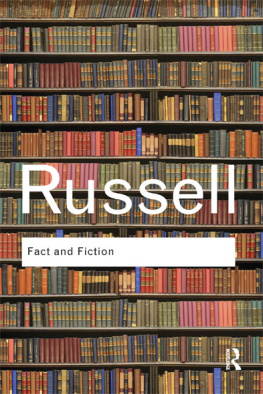
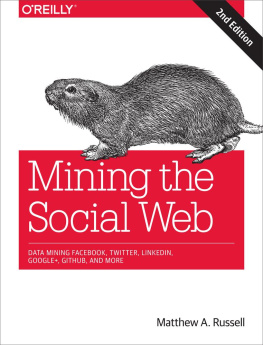
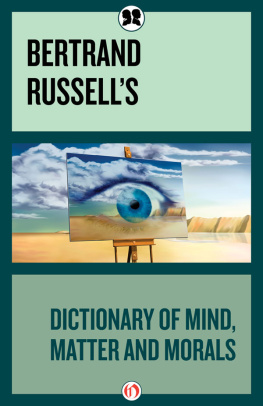
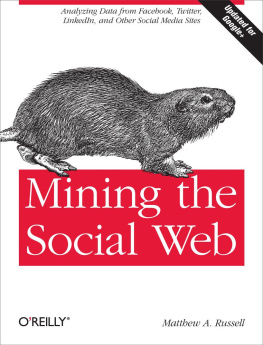
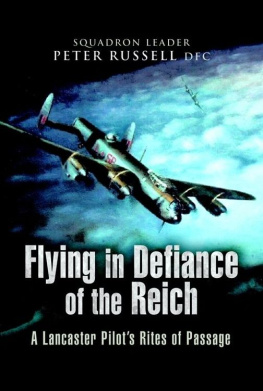
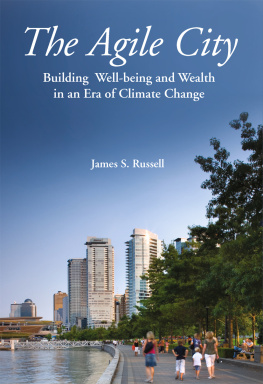
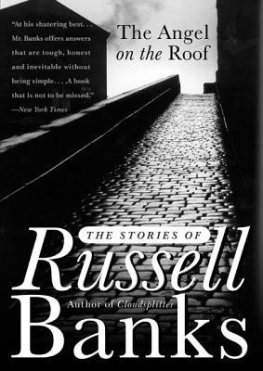
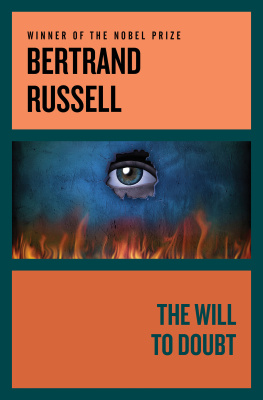
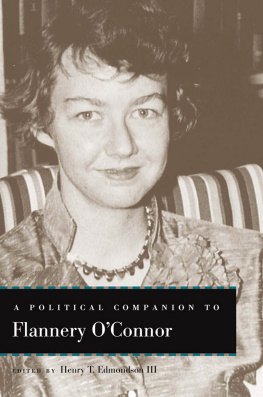
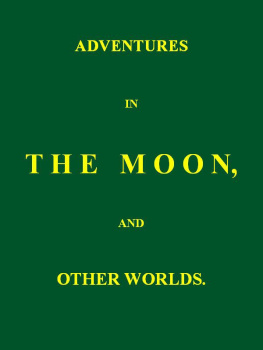
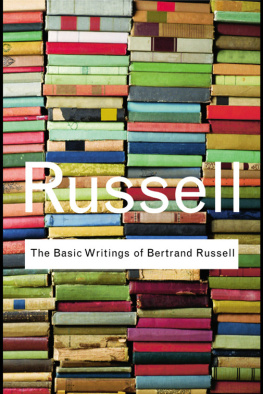
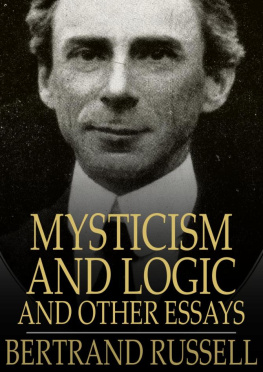
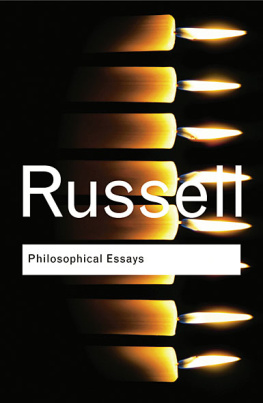
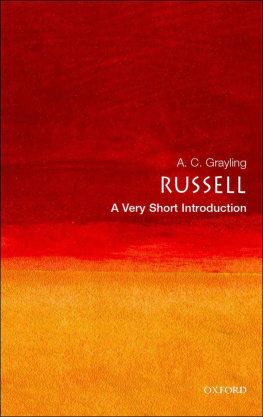
![Russell - On education [recurso electrónico]](/uploads/posts/book/137691/thumbs/russell-on-education-recurso-electro-nico.jpg)
